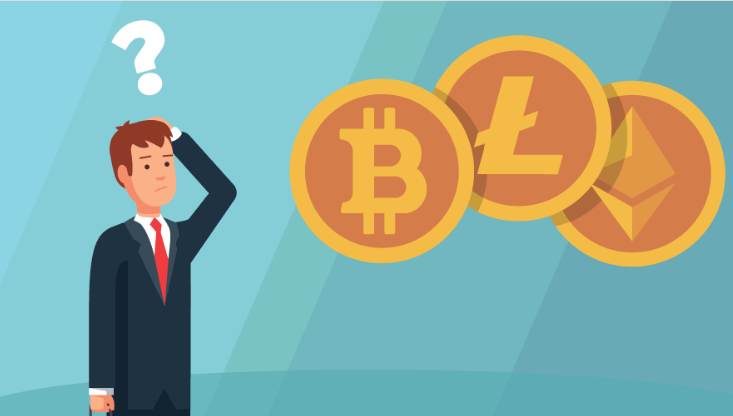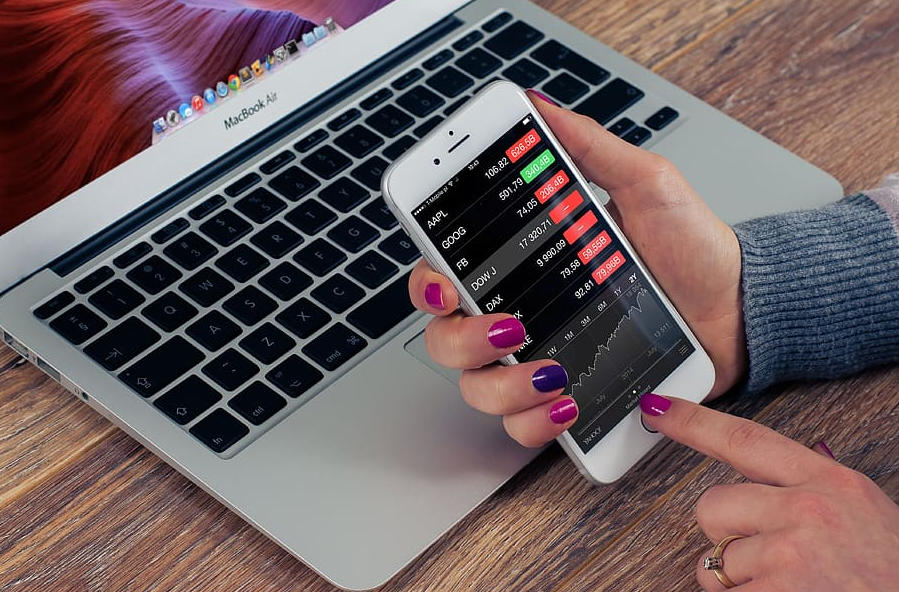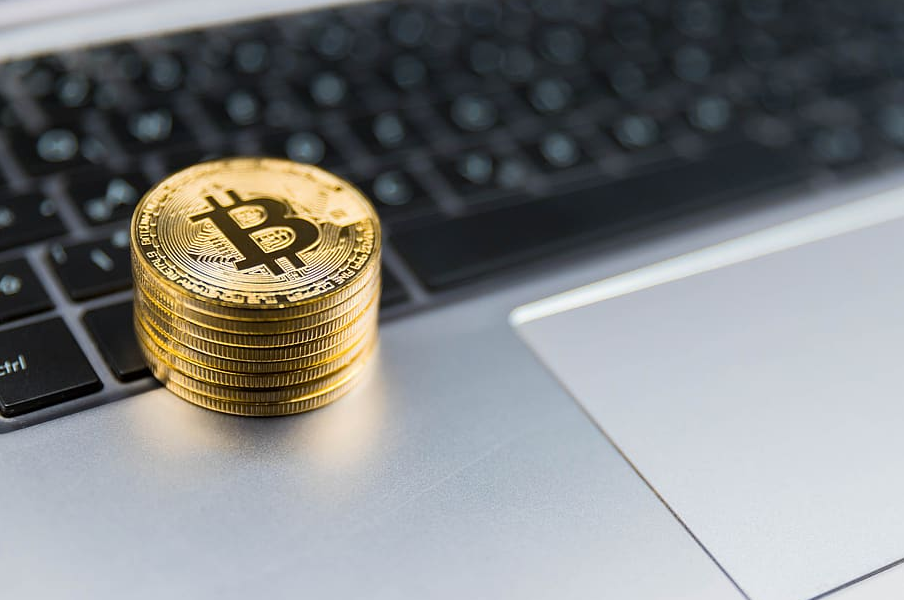When blockchain technology first came into the market, it was a way to ease financial transactions, and for a long time, this was its primary purpose. Over time, people have looked into other opportunities offered by the system, such as the streamlining of payment processes and ease of data management, which promise to change the way retailers operate. Let’s look at some of the expected changes brought about by this system, but before we do that, it is essential that we understand how the system works.
What is it?

It works as an open and distributed ledger which contains permanent records which users across the platform can verify. The good thing about this system is that it records all transactions that take place, and it is tough for someone to make a change to a record as it would amount to altering millions of documents. Thus, it is a reliable mode of transaction, which makes it ideal for use in transferring money. What’s more, people can use it to move sensitive documents online while leaving a trail of their actions, which makes verification easy.
Effects on Retail
With this system in use in retail operations, one can expect the following changes:

Openness in supply chains
Supply chains are often complex such that consumers and retailers have a hard time tracking them. However, with this technology in play, people will be in a position to track goods throughout the chains from the point of production up till the moment the products hit the shelves, which will create transparency in the industry.
Let us take the example of a fruit cake in one of your favorite stores. Suppose you wanted to know where it came from, the cashier at the end of the line may not be in a position to do so; the manager may also not know. But with this technology, you would have access to data such that you could look into the ingredients used and if they contained allergens. What’s more, you could tell if the cake was fresh before you reached into your pocket to make a purchase, With this kind of information readily available to consumers, building relationships based on trust would not be hard. Furthermore, the risk of counterfeits would reduce.
Efficient Logistic Processes

Every company that wants to know when a shipment will arrive and who is in charge of the same can do so through the use of this system. The technology relays real-time information as to who is handling the goods, where they are and when they should arrive, and this reduces the risk of damage, loss, or theft of the goods. The system also allows the suppliers to take note of the conditions under which the products travel, such as the humidity and temperature, and they can thus ensure that the conditions are optimal.
Take the example of meat delivery. Where a supplier notes that the conditions are not at par with the standard measures, they can recall the particular shipment in question and save themselves from having to incur losses owing to mass recalls. Also, the sharing of data in real-time reduces the amount of paperwork needed and thus helps companies save tons of money.

Consumer Trust
Often, retailers require consumers to provide them with data that ranges from their bank records all through to their health details, and they keep this information in a database. There have been cases of breaches which have led to a loss of data which taints the retailer’s image, thereby affecting its revenues. With this system in place, a retailer can privatize the storage of information such that data is only available to people with the key. Additionally, consumers would be in a position to share what they wanted with the retailer, thus protecting themselves from breaches.
Payment
This system is very secure when it comes to handling financial transactions as you can track sales as well as the owners of the digital currencies in use. If you didn't knew that you can also use them for online betting check this article. What’s more, it allows retailers to process payments across borders while maintaining a record of these transactions, which helps them to deal with refunds and returns efficiently. A company can also opt to use smart contracts as this allows them to make instant payments and set up automated processes in the system, which takes away the bulk of work from a retailer’s hands.
Private Networks
Loyalty
The system stores lots of data which comes in handy in customer loyalty schemes. Given that data collection takes place continuously, it means that each time a consumer interacts with a company, the system will record that data and the retailer will thus be in a position to tell who a return customer is. In this way, customers can amass loyalty points which they can redeem at later dates, which would increase the number of people buying the goods in question. The data collected also comes in handy in creating customized communication systems for the clients, which, in turn, boosts the sales of a company.
With all these advantages, it is not a surprise that retailers are in a rush to get their systems set up as they hope to attract more consumers with better terms.





